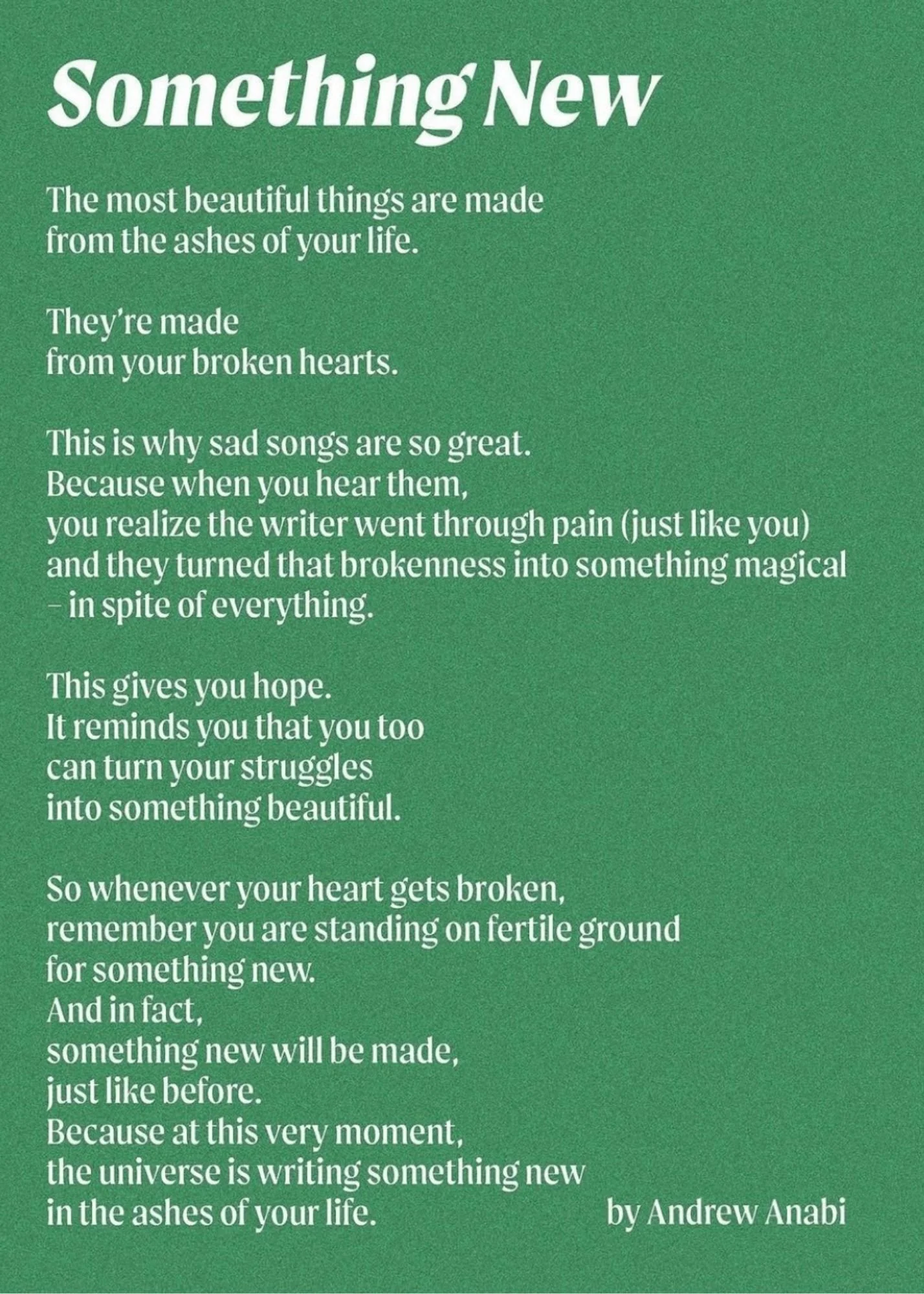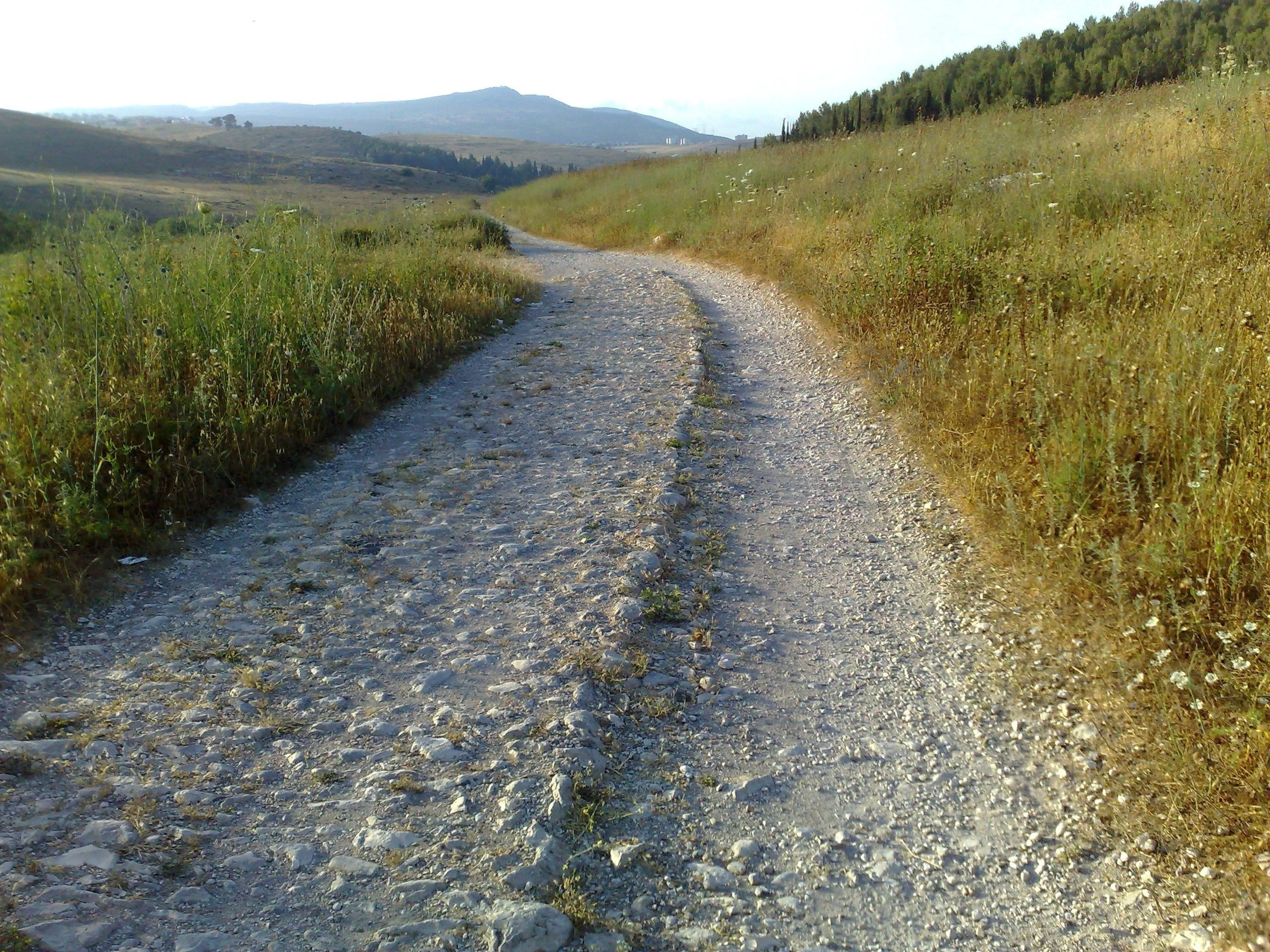Then we turned back and set out toward the wilderness along the route to the Red Sea, as the Lord had directed me.
Deuteronomy 2:1
A common misconception that many people have regarding faith is that all of our questions will get answered, all of our doubts will be erased, and all of our struggles will be disappear. In fact, often times our faith calls us into asking more questions, causes us to have more doubts, and makes us endure greater struggles. So why would anyone in their right mind become a person of faith? It’s because spiritual growth and peace is found in the questions, doubts, and struggles. Staying in the valleys of life will ensure one thing: we stay exactly the same. It’s precisely when we traverse the mountainsides and enter into the wilderness where genuine spiritual wholeness is found. Faith invites us to enter into the wilderness.











